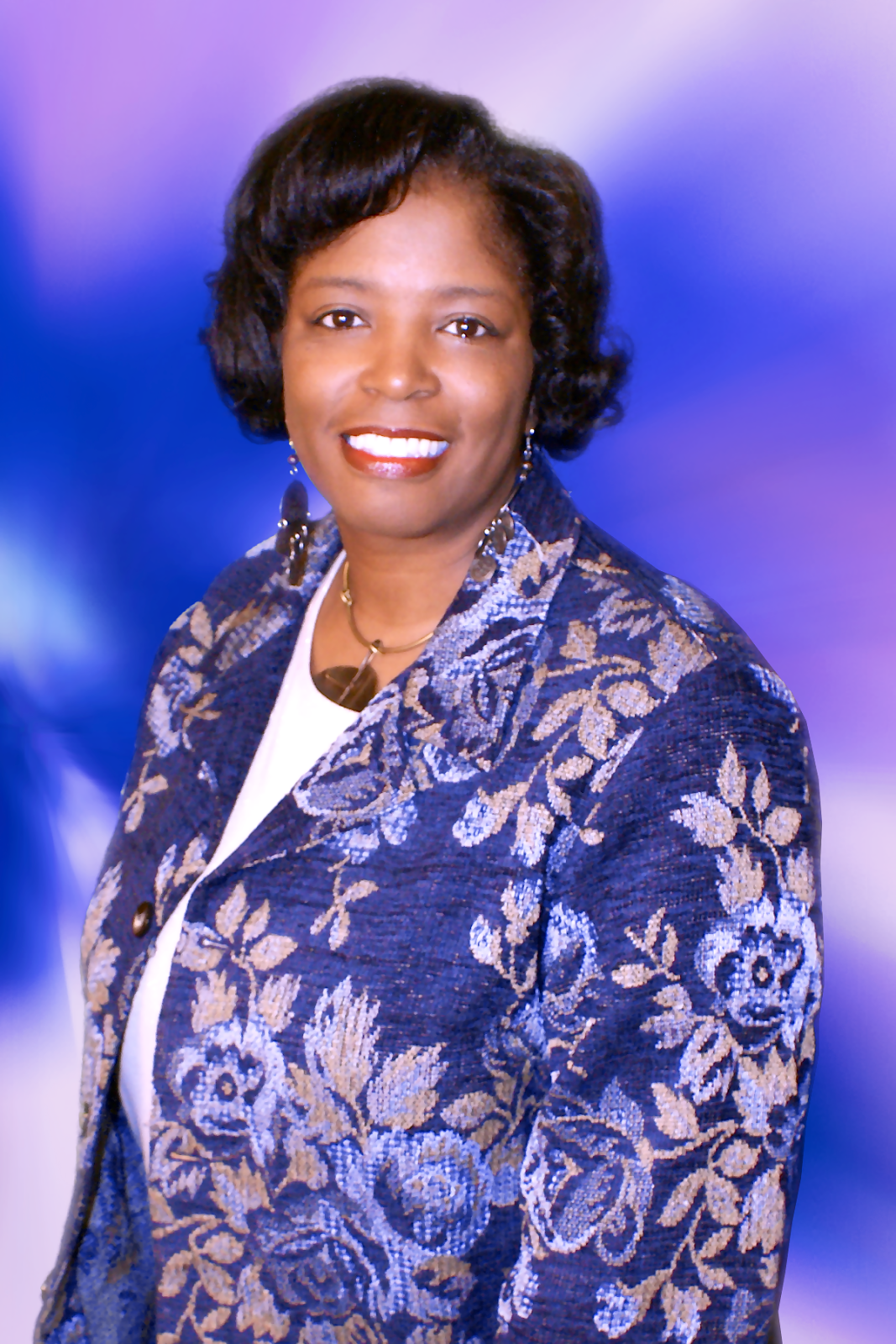Each month The Real
MCCOY will be shining a spotlight on hard working Youth Development
Professionals and the great work they and their organizations do. This month’s
interview is with Lillian Davis Foundation, Inc.’s Executive Director, Marion
L. Robinson. Founded in 2007, Lillian Davis Foundation, Inc. continues the
legacy of Mrs. Lillian M. Davis by working to make school services available for
elementary students both in and out of school, and improving the quality of
education for children. The Lillian Davis Foundation, Inc. is working to create
a neighborhood for children and families that will provide educational
opportunities, safety, and economic growth. Check out the interview below to
learn more about Ms. Marion L. Robinson and the organization:
1)
Why
did you want to go into this line of work?
The Lillian Davis Foundation is a
foundation that is named after my mother. My brother and I founded the
organization because youth work was important to my mother. We chose it because
it fit with our mother’s legacy.
2)
What
was your first day on the job like?
My first day on the job was the day
we launched the organization and it was full of excitement and the opportunity
of those who expressed desires to support the community, and expressed the
desire to support us.
3)
What
is most rewarding about your job?
Personally, giving back. It is very
rewarding to continue what my parents instilled in me by giving back to the community
and being a part of that effort.
4)
What
is the most challenging part of your job?
As a small organization, it’s always
the fundraising. It is challenging when you have to work on volunteer support
laborers. The most challenging part is to move from volunteer to hire staff.
5)
How
has MCCOY helped your organization succeeded or grow?
MCCOY has helped me in many ways. As
executive director I’ve been given many opportunities for leadership development
because of access to workshops. These workshops have kept me current with best
practices and current with other organizations. MCCOY has helped us institute
summer programming and training for youth workers in summer programs and
leadership programs.
6)
Where
do you see yourself and your organization in five years?
My prayer and hope is that we will still
be providing services to the community. I hope that our community partner
relationships will grow; that we’re making a collective impact with youth with
developing skills, and preparing them for life. I would like to see how the youth
we’ve touched have developed and see how the work has paid off.
We’d like to thank Ms Robinson for taking the time to answer
our questions. For more information about Lillian Davis Foundation, Inc. check
out their website: http://lilliandavisfndn.org/.








